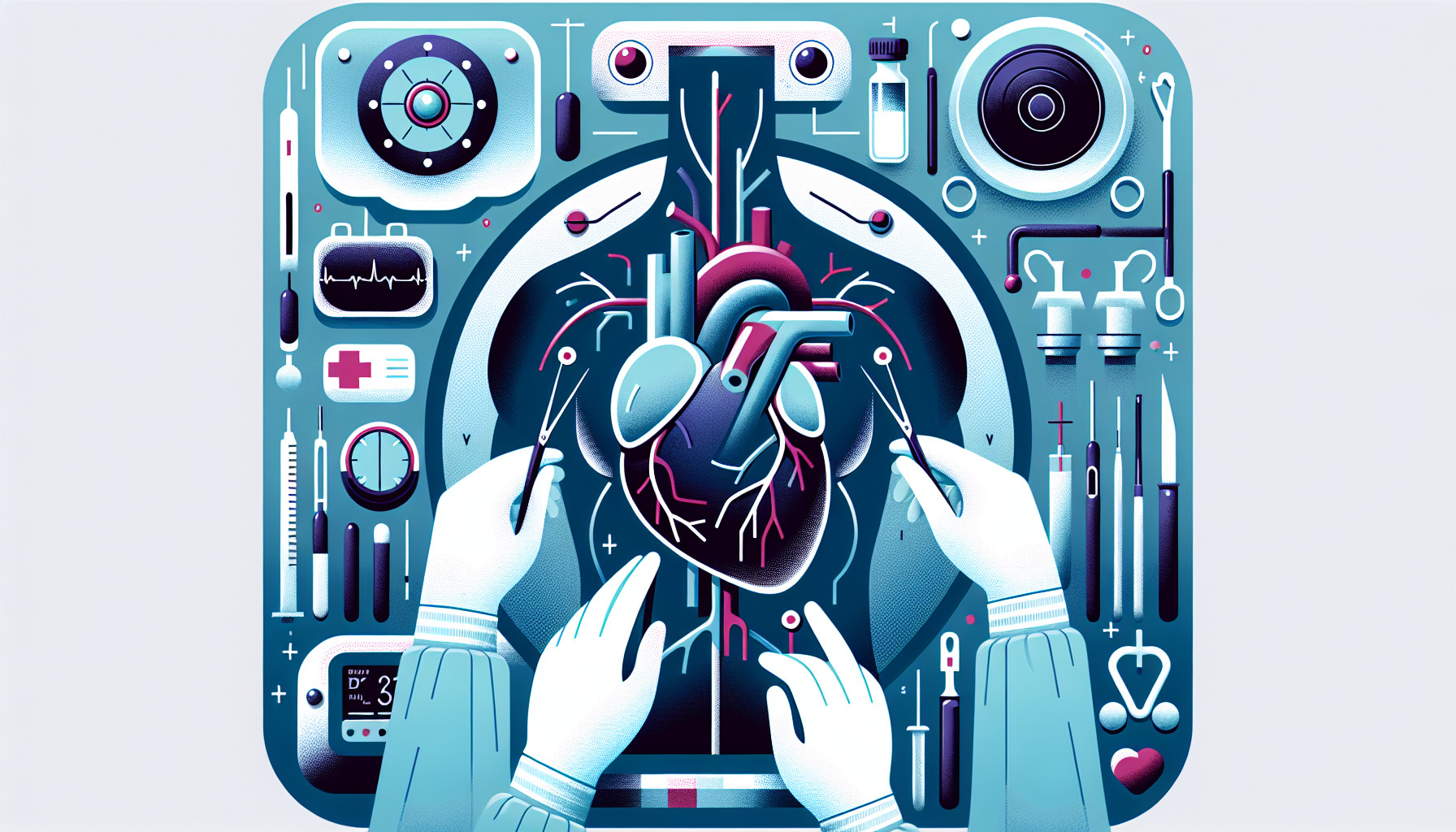Our Summary
This research paper looks at data from heart bypass surgeries performed in Japan in 2013 and 2014. The surgeries were done off-pump (without a heart-lung machine) in about half of the cases. In majority of the cases, the used graft material came from the patient’s left internal thoracic artery. The study found that the death rate during surgery was 2% for planned surgeries, 8.2% for emergency surgeries, and 3% overall. However, the death rate was lower when the surgery was performed off-pump in planned cases. The study concluded that the results of these heart bypass surgeries were satisfactory and acceptable.
FAQs
- What was the death rate for heart bypass surgeries performed in Japan in 2013 and 2014?
- What was the most commonly used graft material in the heart bypass surgeries studied?
- Did the use of a heart-lung machine impact the death rate for heart bypass surgeries according to the study?
Doctor’s Tip
One helpful tip a doctor might give a patient about coronary artery bypass surgery is to ask about the possibility of having the surgery done off-pump, as research suggests this may lead to better outcomes. Additionally, discussing the use of the left internal thoracic artery as a graft material may also be beneficial. It is important for patients to have open and informed discussions with their healthcare team to ensure the best possible outcomes for their surgery.
Suitable For
Patients who are typically recommended for coronary artery bypass surgery include those with severe coronary artery disease, including blockages in multiple arteries, those who have not responded well to other treatments such as medication or lifestyle changes, and those who are at high risk for a heart attack or other cardiac events. Additionally, patients with significant symptoms such as chest pain, shortness of breath, or fatigue may also be recommended for bypass surgery. In some cases, emergency bypass surgery may be necessary for patients who are experiencing a heart attack or other life-threatening cardiac event.
Timeline
Before coronary artery bypass surgery:
- Patient undergoes various diagnostic tests such as ECG, stress test, echocardiogram, and coronary angiography to determine the extent of blockages in their coronary arteries.
- Patient may be prescribed medications to manage symptoms and reduce the risk of complications.
- Patient may undergo lifestyle changes such as quitting smoking, adopting a healthy diet, and increasing physical activity to improve their overall health before surgery.
After coronary artery bypass surgery:
- Patient is closely monitored in the intensive care unit immediately after surgery to ensure stability and proper recovery.
- Patient may experience pain, fatigue, and discomfort in the days following surgery, which can be managed with medications and proper care.
- Patient undergoes cardiac rehabilitation to improve cardiovascular health, physical strength, and overall well-being.
- Patient is advised to make long-term lifestyle changes such as maintaining a healthy diet, regular exercise, and taking prescribed medications to reduce the risk of future heart problems.
- Follow-up appointments with the surgeon and cardiologist are scheduled to monitor progress, address any concerns, and adjust treatment as needed.
What to Ask Your Doctor
- What are the risks and benefits of undergoing a coronary artery bypass surgery?
- How long is the recovery process and what can I expect during that time?
- What lifestyle changes will I need to make post-surgery to ensure the success of the procedure?
- Are there any alternative treatment options available for my condition?
- How often will I need to follow up with you after the surgery?
- What are the potential complications that could arise from the surgery?
- Are there any specific dietary or exercise recommendations I should follow after the surgery?
- How long can I expect the results of the surgery to last?
- Will I need to take any medications on a long-term basis after the surgery?
- How experienced are you in performing coronary artery bypass surgeries, and what is your success rate with this procedure?
Reference
Authors: Saito A, Hirahara N, Motomura N, Miyata H, Takamoto S. Journal: Gen Thorac Cardiovasc Surg. 2018 Jan;66(1):8-12. doi: 10.1007/s11748-017-0848-z. Epub 2017 Nov 13. PMID: 29134536
